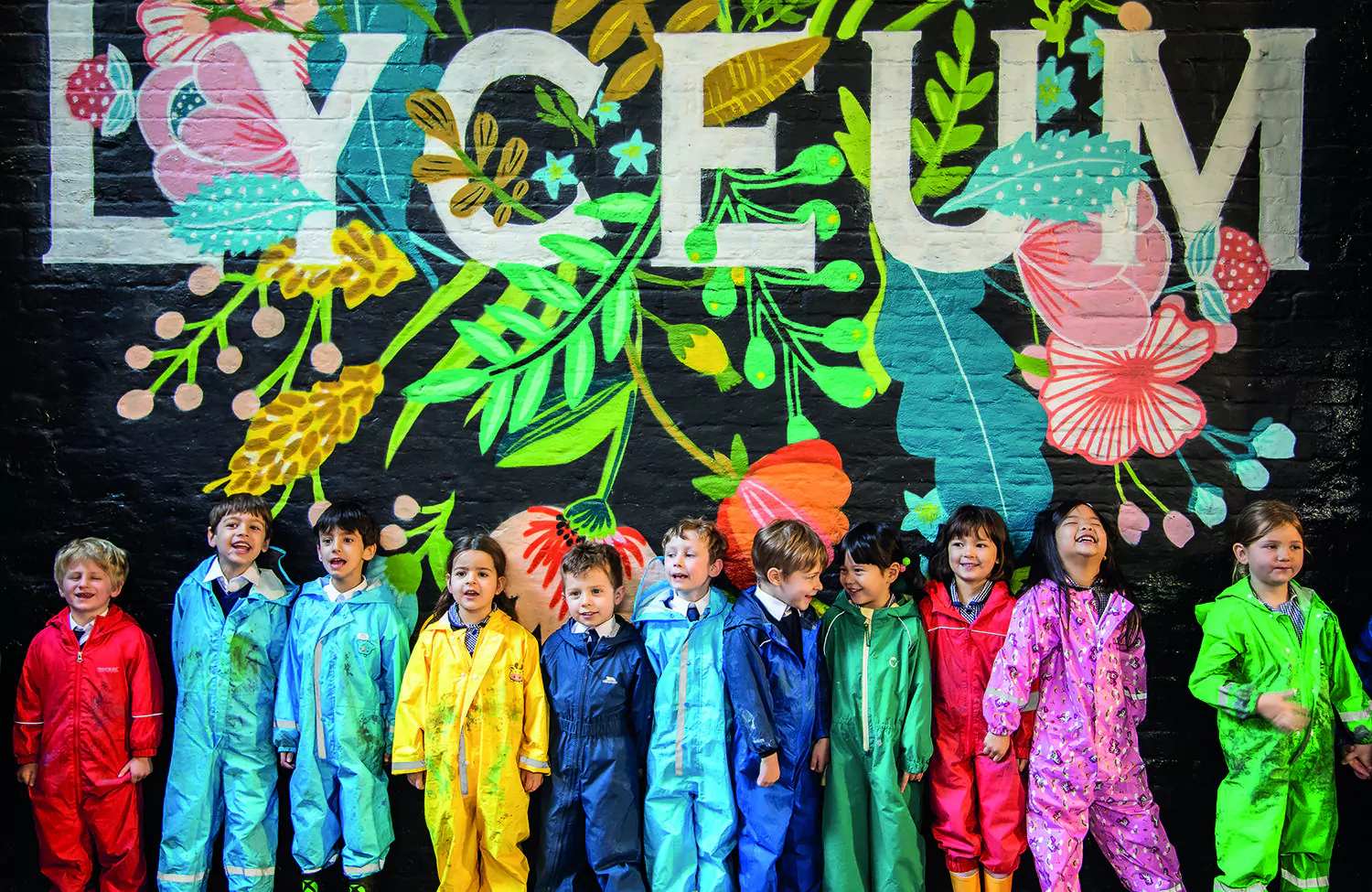Introduction
At The Lyceum, we are committed to nurturing confident and proficient mathematicians. Through a structured curriculum aligned with the National Curriculum, we develop pupils’ fluency in number facts, arithmetic skills, and problem-solving strategies. Our approach ensures that every child builds resilience, accuracy, and logical reasoning abilities, equipping them with the skills needed for lifelong mathematical success.
Arithmetic
We focus on strengthening pupils’ number fluency and calculation strategies through:
- Daily arithmetic practice to reinforce fundamental skills.
- Engaging activities that develop mental maths strategies.
- A structured progression from early number sense to advanced written methods.
- Interactive AI-based platforms such as Times Tables Rock Stars (TTRS) to personalise learning.
Problem-Solving and Reasoning
Beyond calculation, we encourage pupils to think critically and apply mathematical concepts in real-world contexts. Pupils develop reasoning skills through:
- Logical problem-solving tasks, including multi-step challenges.
- Pattern recognition and systematic thinking.
- Opportunities to articulate reasoning and justify solutions.
- AI-driven puzzles and games that build resilience and strategic thinking.
Resources
A blend of traditional and digital resources enhances learning, including:
- Concrete manipulatives and pictorial representations to aid understanding.
- High-quality workbooks, textbooks and teacher-led activities.
- AI-powered platforms such as Atom Learning and Planet Bofa, which provide personalised learning pathways.
Assessments and Monitoring
Regular assessment ensures progress is tracked effectively through:
- Weekly arithmetic and mental maths tests to monitor fluency.
- Termly summative assessments aligned with our assessment policy.
- AI-based tracking tools that analyse individual strengths and areas for development.
By integrating structured teaching methods with innovative technology, we provide a dynamic and supportive environment for all pupils to develop mathematical confidence and excellence throughout their journey at The Lyceum.





